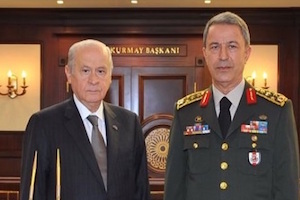The Akkuyu Nuclear Power Plant and Deepening Turkish-Russian Relations
By John C. K. Daly
July 5, 2018
For years Turkey, which imports 90 percent of its energy needs, has considered any and all options to lessen its import costs, including nuclear. The country’s energy requirements have persistently pitted the government against the country’s environmentalist lobby, one of the strongest in the Middle East. Despite such concerns, Turkey’s nuclear lobby has scored a decisive victory, as the ground has been broken for the nation’s first nuclear power plant (NPP) at Akkuyu on the southern Mediterranean coast.
Akkuyu will consist of four 1,200 megawatt (MW) VVER reactors producing a total of 4,800 MW. The Akkuyu NPP, being constructed by the Russian state nuclear energy corporation Rosatom, is projected to meet 10 percent of Turkey's future energy requirements. The first unit of the plant is scheduled to come online in 2023, with the NPP’s overall cost projected to be $20 billion.
KEY ISSUE: On April 3 President Recep Tayyip Erdoğan hosted Russian President Vladimir Putin at the presidential complex in Ankara, where they attended via teleconference the Akkuyu NPP groundbreaking ceremony, an event described by Erdoğan as a “historic moment.” Putin remarked, "It is difficult to overestimate the significance of this large-scale, innovative project. In essence, today we are not only witnessing the construction of Turkey's first nuclear power plant, but we are also creating the basis of Turkey's nuclear industry as a whole.” Despite such optimism about bringing the facility’s first reactor online in 2023, the 100th anniversary of the Republic of Turkey, as highlighted by both Putin and Erdoğan in their ceremonial speeches, it remains to be seen whether such an ambitious agenda will be fully implemented in the future.
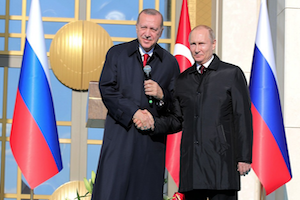
Illusion's End: Erdoğan and Turkey's Coming Economic Chill
By Gareth H. Jenkins
June 20, 2018
The rapid depreciation in the value of the Turkish Lira since the beginning of 2018 is the product not only of the collapse of any remaining vestiges of investor confidence in the regime of President Recep Tayyip Erdoğan but a symptom of the failure of the ruling Justice and Development Party (AKP) to address the long-standing structural vulnerabilities of the Turkish economy.
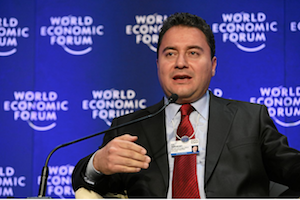
Will the Kurdish Question Secure Erdoğan's Re-election?
By Halil Karaveli
June 18, 2018
The Kurdish question may serve President Recep Tayyip Erdoğan, helping to secure his re-election. The election campaign has demonstrated that Erdoğan no longer energizes the masses; after fifteen years in power, the Turkish president shows every sign of being worn out. He is no longer an inspirational leader; he has nothing new to say or to promise. But Erdoğan nonetheless retains the loyalty of the AKP base. And as the spokesperson of the nationalism of the Turkish state he is assured of enough non-partisan support as well.
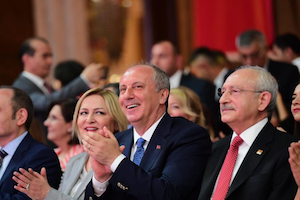
Turkey's Kurds at the Crossroads: To the Political Graveyard of Turkey or To Be the Gravediggers of Turkish autocracy?
By Cengiz Çandar
May 22, 2018
The outcome of Turkey’s upcoming election will be determined by the Kurdish voters. This is ironic since the presidential system that the election will enshrine is designed to exclude the Kurds from the political system of Turkey. The sequence of fatal mistakes that have been committed since 2015 show that the Turkish state is determined to deprive the Kurds from having a political say, whatever the cost. The Kurds will either liquidate Turkish autocracy or be amputated from the Turkish body politic.
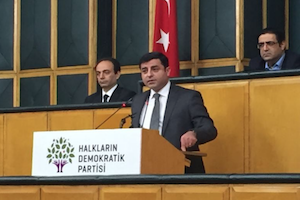
Turkey's Emergency Election: The Primacy of Raison d'etat
By Halil Karaveli
May 2, 2018
It is not President Recep Tayyip Erdogan’s “power hunger” that accounts for Turkey’s snap presidential and general election. Instead, raison d’état is behind this event, which will enshrine presidential rule. The abolition of parliamentary rule and the concentration of all executive powers to the presidency are designed to neutralize the Kurdish challenge. It is also intended to refurbish the authority of the state and lend it a renewed aura of strength after it was torn apart by the Gülenists. Reactions to Turkish developments should not be based on interpretations that neglect the primacy of the state’s interests and the impact of the Gülenist threat and Kurdish challenge.
